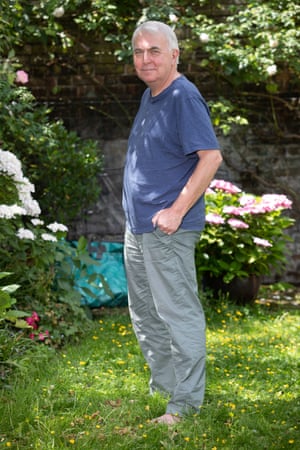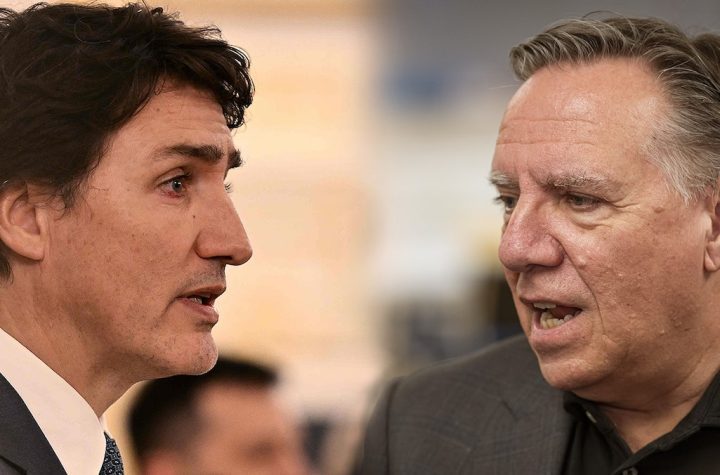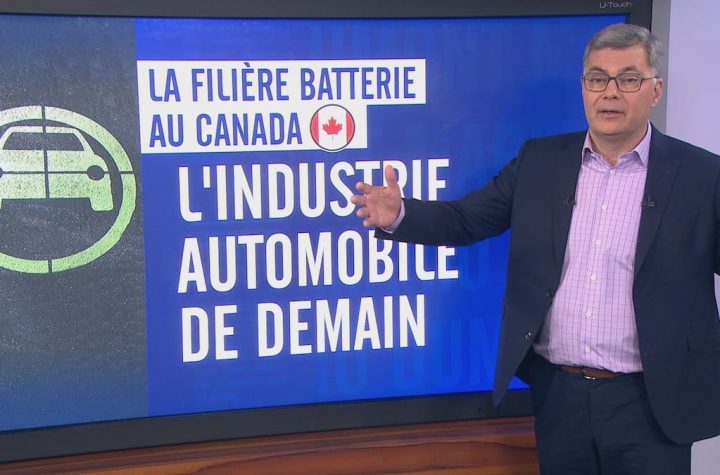Like other fat old men I felt especially threatened by the arrival of Covid-19. This is a disease that penalises those who are male, who are overweight and who are getting on in years, after all.
And like many others, I became anxious when lockdown was imposed. Nerves played havoc with my appetite and I started to lose weight. Only later did I realise that this could provide a little respite. Yes, I was stuck with being male and old – but my obesity? Well, maybe that was something I could change.
I began a breakfast-lite, snack-free, salad-rich diet and have endured it for the past four months, bringing my weight down from a pre-lockdown 17st 3lb (109kg) to a still flabby 15st 4lb (97kg): almost two stone – 12 kilos – gone, but with another two to go if I want to reach a healthy weight.

It has not been easy. I have felt pangs of hunger every day since March. However, I can now tie my shoe laces without wheezing, have lost several chins and apparently do not snore as badly as I did.
That may sound smug, but my attempts to lose weight are really a reflection of past weakness more than anything else. I should not be dieting hard today because I never should have allowed myself to achieve a body mass index of 33.3 in the first place. It was an indulgent mistake, albeit a common one.
Around 36% of Britain’s adult population is now overweight and 28% is obese – and that is a grim recipe. Individuals in these groups suffer elevated risks of cancer, heart attacks, diabetes, strokes, sleep and breathing problems, liver disease and many other adverse health conditions. And to this list we can now add the raised danger of suffering severe Covid-19 side-effects.
Obesity now costs the NHS more than £5 billion a year, while society probably pays tens of billions in terms of lost productivity – and the problem is worsening all the time. Clearly there has never been a better time to lose weight – a point the government will highlight in a few days when it launches major plans to tackle our overweight crisis. The prime minister, whose corpulence may have triggered his serious Covid-19 reaction, has been a major player in this project.
Proposals are likely to include limiting supermarket promotions of pizzas, burgers and other processed foods, while restrictions could be put on TV adverts for junk food. It is hard to be healthy when you are bombarded with adverts for sugary, calorific food – a cheap and easy way to stave off hunger – every time you switch on the TV or go online. “We need a 9pm watershed on junk food adverts,” says Caroline Cerny of the Obesity Health Alliance.
It remains to be seen if the government agrees. Reports suggest it is dragging its heels over a TV advert watershed but will back a crackdown on “buy one, get one free” and other supermarket offers on cheap processed foods.
Stopping people from getting fat is a crucial move, of course. But what about those individuals – like me – who are already well past their limit? How is that part of our obesity crisis to be tackled?
For Susan Jebb, professor of diet and population health at Oxford University, the answer is clear. We have to start treating obesity as a problem akin to smoking. Junk food is the new tobacco, she argues.

“GPs are now quite happy to urge people to stop smoking and offer support services that could help them quit,” she says. “They need to do the same for the obese and the overweight and offer support for people to lose weight. And patients need to know this is an issue they can raise with doctors and can expect to get help from them.”
Losing weight is certainly not straightforward. We live in times when we expect we should never feel a twinge of hunger or thirst, or use food or drink to ease emotions when we are sad or unhappy. This makes dieting tricky.
Ironically, one factor that helped me was the lockdown. Restaurant meals and trips to the pub were outlawed – which meant that I could control what I ate with greater care. Out went fattening snacks, to be replaced with Melba toast.
Weighing daily is also crucial. Do it first thing in the morning when your water retention – and weight – is lowest. Results will still vary, leading to dispiriting rises of one or two pounds in the middle of your diet. My tip is to note your daily weight but also to calculate your seven-day rolling average – ironically a technique that I learned when studying Covid-19 statistics. That gives a much clearer view of your changing weight.
Another trick, suggested by a friend, is to fill a backpack with books. I stuffed 4 kilos’ worth into one last week. It felt heavy and cumbersome. Yet that was only a third of the weight I have lost this year. Before lockdown, I had been carrying around three times that amount as flab and fat. Now I am free of it. I can have only done my body a favour.
So even if you are still short of a target weight, or lose only a few kilos when you diet, there will be benefits. The discomfort is worth it.





More Stories
Where to Start Automation. Monitor Stands
Amid Rising Water Rates, Property Managers Save 15 to 35 Per Cent With Canadian Water Savings’ Smart Valve™
The Casino Industry’s New Era: Navigating the Surge of Online Gambling